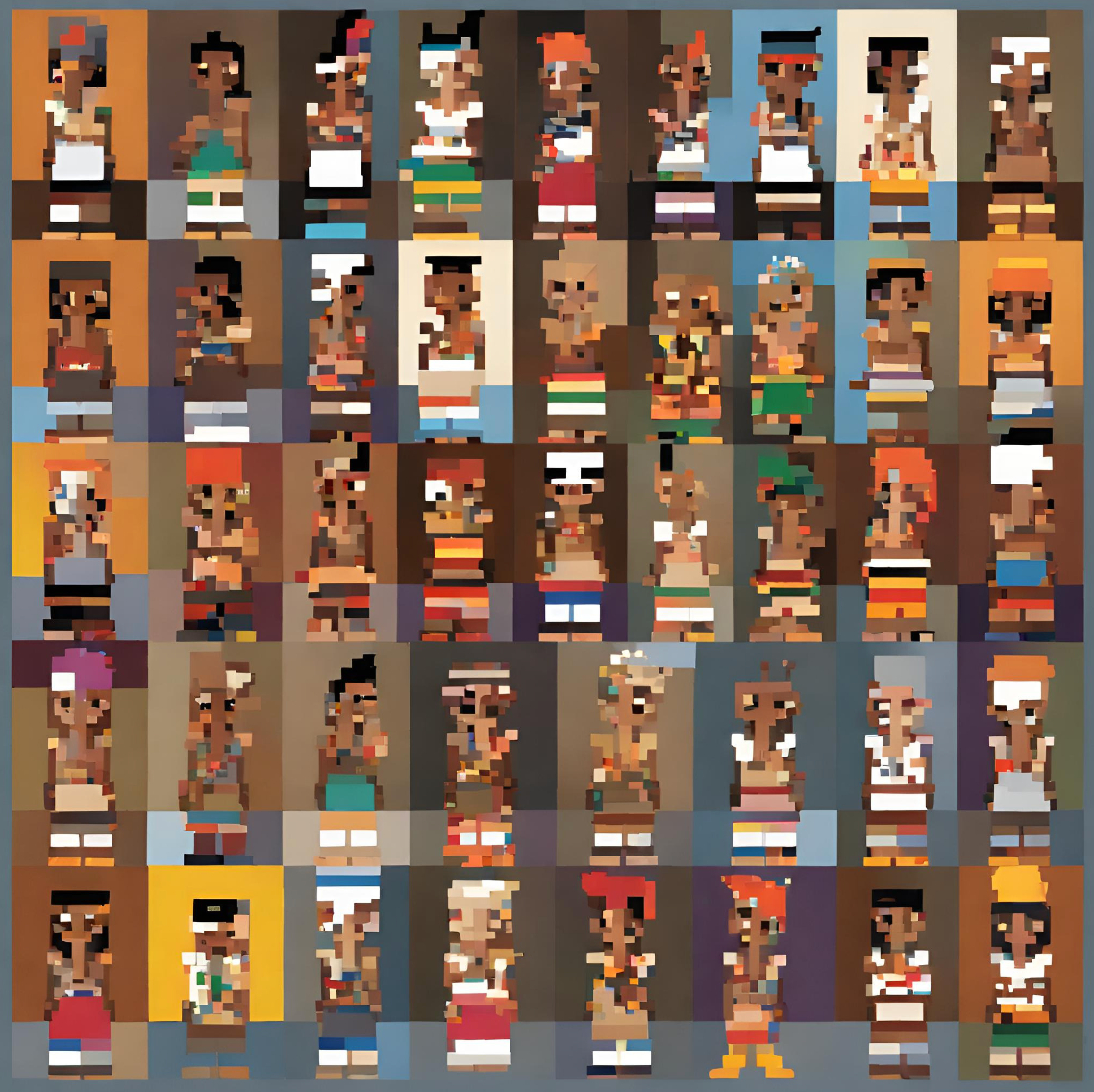119 reads
AI's Complexity Demands Urgent Study of Trust, Bias, and Behaviors in Diverse Contexts
by
December 19th, 2024
Audio Presented by

Ethnology Technology decodes the cultural ripple effects of technology, from societal shifts to personal connections.
Story's Credibility

About Author
Ethnology Technology decodes the cultural ripple effects of technology, from societal shifts to personal connections.
